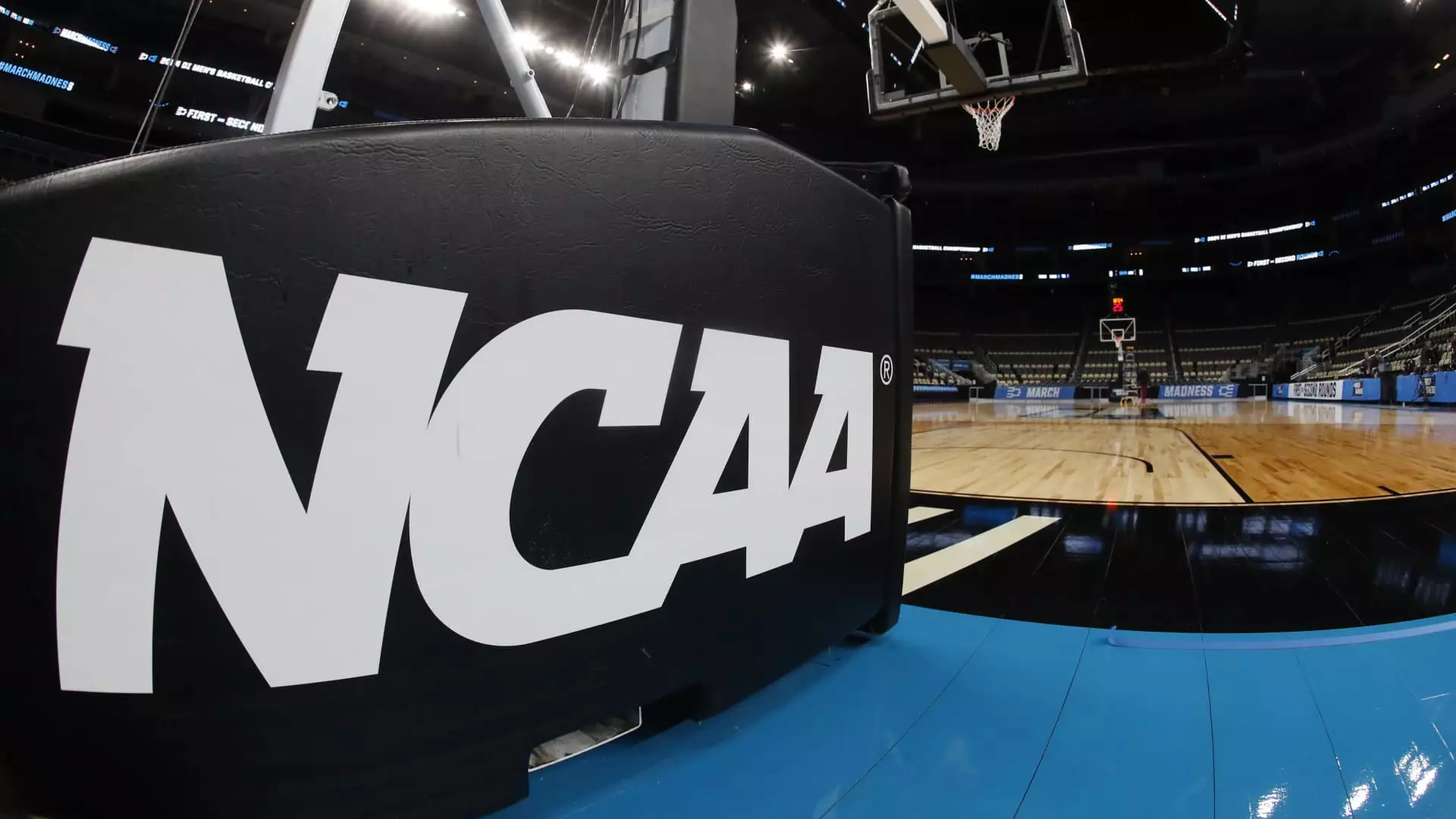In a significant policy shift, the National Collegiate Athletic Association (NCAA) has enacted new regulations regarding the participation of transgender student-athletes in collegiate sports. This change, announced shortly after President Donald Trump introduced an executive order that threatens federal funding for schools accommodating trans women athletes, is seen as a response to increasing national scrutiny over how gender identity intersects with competitive athletics. Under the new guidelines, individuals assigned male at birth who identify as female may train with women’s teams but are barred from competing in official events. This ruling marks a departure from the NCAA’s previous adherence to Olympic standards concerning transgender eligibility, which the organization had embraced since January 2022.
The NCAA’s latest policy is laden with implications for student-athletes and raises vital questions about fairness, inclusion, and the overarching structure of competitive sports. While the new rule ostensibly upholds the integrity of women’s sports by ensuring that those who compete are cisgender women, it effectively limits the participation of trans women in competitive settings. Furthermore, while all athletes, regardless of gender identity, may join men’s teams, those receiving testosterone treatments must navigate a medical exemption process, which complicates participation for many. This policy also extends to students assigned female at birth who undergo hormone therapy, underscoring the broader effects on gender dynamics in athletics.
The underlying political motivations for the NCAA’s policy transformation cannot be ignored. Trump’s executive order aligns closely with a growing national discourse that debates the scope of gender identity and its implications for various facets of society, especially sports. The move towards defining genders in a strictly binary manner has generated a counter-narrative that advocates for recognition and acceptance of non-binary, genderqueer, and intersex individuals. Advocacy groups, including those like trans triathlete Chris Mosier, have criticized the NCAA’s new stance as an adherence to narrow interpretations of gender that risk erasing the identities of many athletes who do not fit neatly into traditional categories.
The NCAA’s new eligibility requirements may inadvertently create barriers not only for trans women but also for intersex individuals and other athletes undergoing hormone therapy. The implications of such a policy extend beyond individual athletes to the collective fabric of sports at the collegiate level. By enforcing policies that disregard the complexity of gender identity, the NCAA may inadvertently contribute to an environment that fosters exclusion rather than unity. Critics argue that fair play should not be contingent on strict adherence to assigned sex at birth but should instead acknowledge the diversity and fluidity of gender identities present in contemporary society.
As the landscape of athletic competition continues to evolve, the NCAA’s policy invites critical examination and dialogue regarding the balancing act between competitive fairness and inclusive practices. The realities of gender identity in sports are nuanced, and the long-term effects of these policies will be felt not just by current athletes but by future generations. As discussions around gender and sports dominate public discourse, it remains essential for organizations like the NCAA to consider adaptive policies that uphold the spirit of competition while recognizing the diverse identities that exist within the athletic community. The path ahead will require ongoing advocacy, informed dialogue, and a reconsideration of what constitutes fair play in an increasingly complex world.

